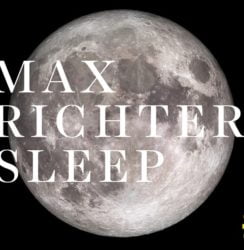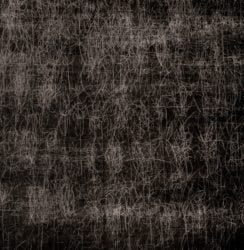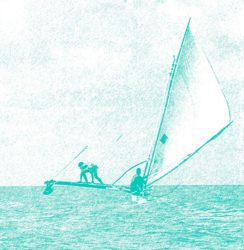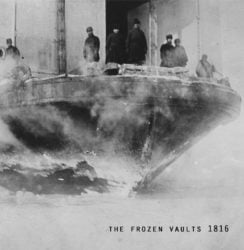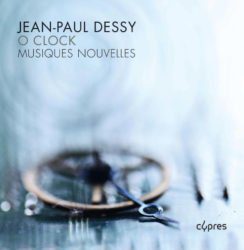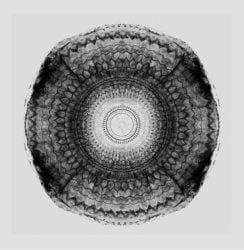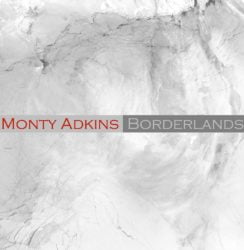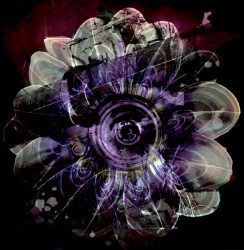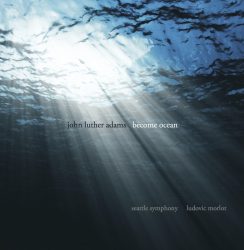Max Richter – (From) Sleep
“Somehow, in Europe, over the last century, as complexity and inaccessibility became equated with intelligence and the avant-garde, we lost something along the way. Modernism gave us so many stunning works, but we also lost our lullabies.”
Long-form compositions are a challenge to a composer, because he (she) has to deal with the audience’s relatively short attention span: not many people will be able to focus and keep their concentration for 4 hours or even more. For this reason, it is no surprise that long-form experiments are often found in the realm of ambient music. Ánd that they are often dealing with ‘sleep’ – which instantly solves the attention span problem too.

